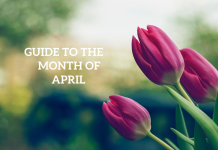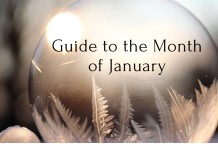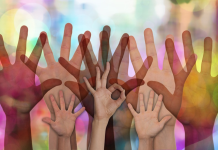
This past December, I had the incredible honor of accepting a role on the inaugural Columbus Women’s Commission and I couldn’t have been more overjoyed about what this means. The purpose of this city-led commission is to dismantle barriers and reduce gender based inequities to improve the economic position of women in our community. I’m so excited about the potential of this brand-new commission. Specifically, the creation of a strategic plan for how our community will be intentionally working to give women access to more opportunities by addressing pay equity, housing and safety, health and nutrition, and workforce development and education.
As some of you may know, I’ve made it my life’s work to advocate for the empowerment of women and girls. I do this by writing, mentoring, community advocacy, through social entrepreneurship and by living life to my fullest potential while being a great mom to my sweet, little boy. As a first generation Venezuelan-American immigrant, I’m very aware of the privilege I have to be be able to live in one of the most progressive countries in the world.
In a recent conversation with my wise mother-in-law (raised in the Dominican Republic) I was reminded of how hard women from the generation before ours had it in many Latin American countries and the Caribbean. Growing up in Venezuela, I had often heard the phrase “Venezuela es el pais de las mujeres” (“Venezuela is the Country of Women.”) Venezuela is infamously known as one of the world’s top producers of Miss Universe beauty pageant winners. There, they have created an entire industry to groom and literally transform women into man’s ideal image of beauty, specifically that of Miss Venezuela beauty pageant guru, Osmel Sousa. I also recall this notion that women far outweighed the number of men- 7:1 to be exact, I had been told as a teen. But, I later learned that is simply not a true fact. The truth is that there are more men than women, 1.05:1. These misconceptions infiltrate communities and hearts and to strip women of their true value. When one of society’s main factors of success depends on beauty and being married by a certain age, and then the message to young girls is that there are “far too many women for men to choose from,” your value goes down and you become a commodity. Your body is considered a GDP that can be exported for the world to gawk at. At least, that is what I learned as a 15-year-old girl in Venezuela. Thankfully, I had the opportunity to immigrate with my family for a better education and life in the US and didn’t feel like I had to rely on my looks to get ahead or get married. Instead, I groomed my brain, chose a great life partner and have been able to take advantage of many opportunities in this great nation.
So, as a 33-year-old mom to a little boy in the US, I will make sure he hears all of the rights messages about women, starting in our home. It’s my hope that he will never tell a little girl that her worth is based on her looks or that she’s worth less based on lies. As a mom, I will make sure that the conversation about gender-based inequities is one that starts in my home and I hope you will join me in doing this, too.
















